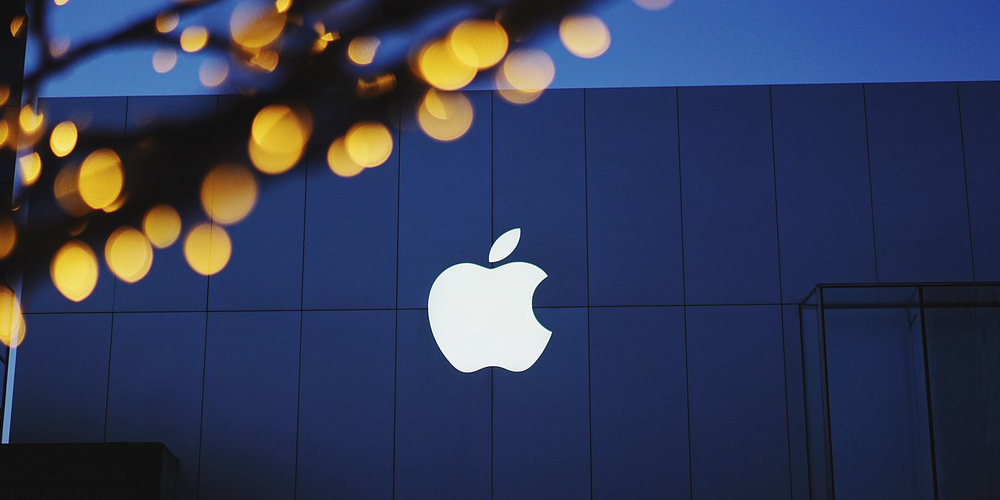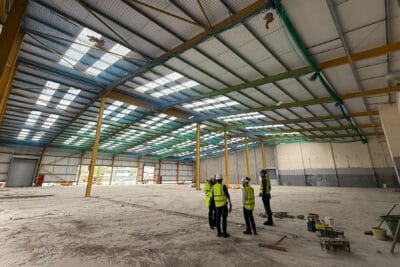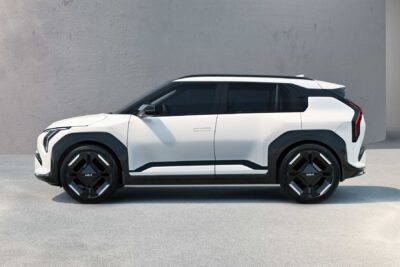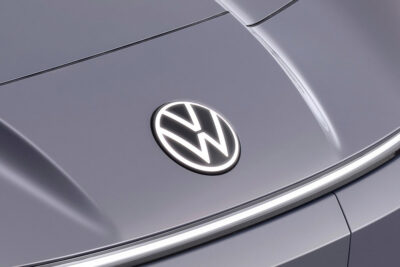Apple may launch autonomous electric car in 2024
It is not the first time we hear of an Apple electric car only this time around, the tech giant is not just aiming for autonomy, but a new battery design that insiders say will “radically” reduce battery costs and increase range. It is also to be mass-market-ready by 2024.
The report comes from Reuters news agency, citing insiders who are saying that Apple plans to use a “monocell” design, in which the individual cells are integrated directly into the battery pack without the use of modules. This design could mean that more active material can be packed inside the battery, leading to a longer range. “It’s next level,” the insider source told Reuters regarding Apple’s battery technology, “like the first time you saw the iPhone.”
The source also told the news agency that Apple might use lithium-iron-phosphate (LFP) batteries. These cells are widely used in electric buses and some electric cars, including Model 3 vehicles produced in China. Talking about Tesla, the monocell design also reminds us of the new Tesla batteries in principle. While they will still use cells, CEO Elon Musk explained in September that the new cell packing directly inside the frame nearly loses the packaging that is not structural to the vehicle.
An as yet unknown contract manufacturer will presumably take over the production of the Apple electric car. There has been some contact with Magna Steyr in 2015, although these reports have stayed quiet since then.
Rumours about an autonomous driving electric vehicle created by Apple get a boost or a dampner every few months. Apple has been sending autonomous vehicles onto public Californian roads since 2017, but the project christened “Titan”, has become rather quiet until now.
After many months of radio silence, the New York Times reported in May 2018 that Apple had apparently decided on a vehicle partner. After allegedly failed negotiations with BMW, Daimler and other automakers, a deal had been signed with Volkswagen to initially turn some T6 vans into self-driving electric shuttles for Apple employees. Later the same year, the cooperation between Apple and VW appeared to be possibly larger than originally anticipated, indicating that Apple planned to include 500 modified VW Golf in their testing initiative.
In August 2018, Apple veteran Doug Field, who had worked at Tesla in the interim, returned to lead the project. Then in 2019, he was forced to lay off 190 employees from the project team.
Reuters now reports, citing insiders, that so much progress has been made since then that Apple now wants to launch its own vehicle. In doing so, the Silicon Valley company is taking a different path than, for example, Alphabet offshoot Waymo or Uber-boosted tech company Aurora, who are pushing ahead with the development of robo-taxis.
According to the Reuters report, Apple is said to be leaving itself a loophole just to create an autonomous driving system that could be installed in third-party vehicles. The move would be similar to the path Google’s car has gone in the end.
Apple’s own iPhone contract manufacturer Hon Hai, aka Foxconn, only recently announced its intention to enter the electric vehicle business in a big way. According to group CEO Liu Young-way, Foxconn is to be represented in every tenth e-car worldwide with components or services by 2027 at the latest. The Taiwanese group plans to produce several components for electric vehicles. At the heart of Foxconn’s electromobility offensive is an electric car platform called MIH, including battery and vehicle internet services for third parties.
With additional reporting by Cora Werwitzke & Nora Manthey.





2 Comments